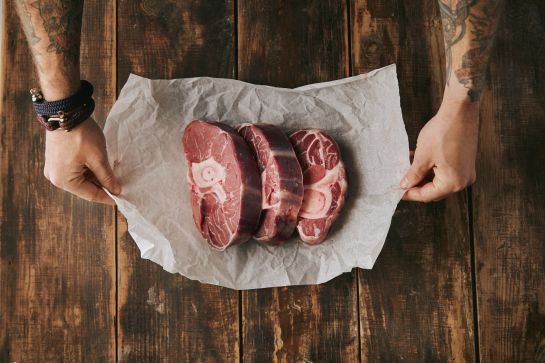581

Organic meat represents an increasingly important segment on the European market, and Romania must comply with the strict regulations imposed by the European Union in order to capitalize on this potential. Regulation (EU) 2018/848 on organic production sets clear rules for animal rearing, feeding, and product traceability.
An essential aspect is the prohibition of antibiotics and artificial growth promoters, as well as the obligation to provide animals with access to pasture.
According to Eurostat, in 2024 Romania’s organic agricultural area represented only 5.7% of the total, compared to a European average of over 10%. INS shows that demand for organic meat has grown by 14% annually, especially in urban areas, but domestic supply remains limited.
“Organic certification requires compliance with strict rules and regular inspections, but it provides access to premium markets,” emphasizes an expert from MADR. FAO notes that organic farms have initial costs higher by 20–30%, but in the long term can double their revenues through higher selling prices.
For Romanian farmers, the mandatory steps include obtaining certification from authorized bodies, implementing strict traceability systems, and ensuring proper animal welfare conditions. The challenges are linked to costs and bureaucracy, but the opportunity lies in accessing European funds dedicated to organic farming.
In conclusion, organic meat can become a vector of differentiation for Romania, if farmers and processors manage to comply with European regulations and invest in certification.
(Photo: Freepik)




